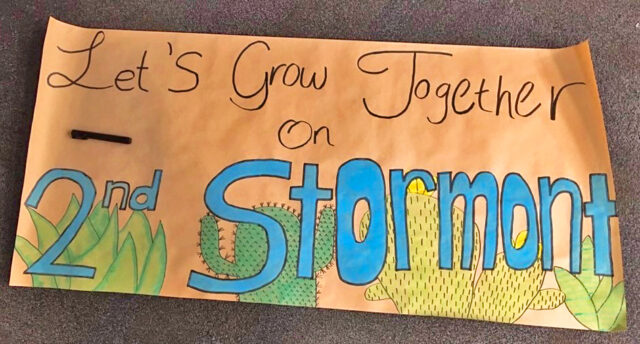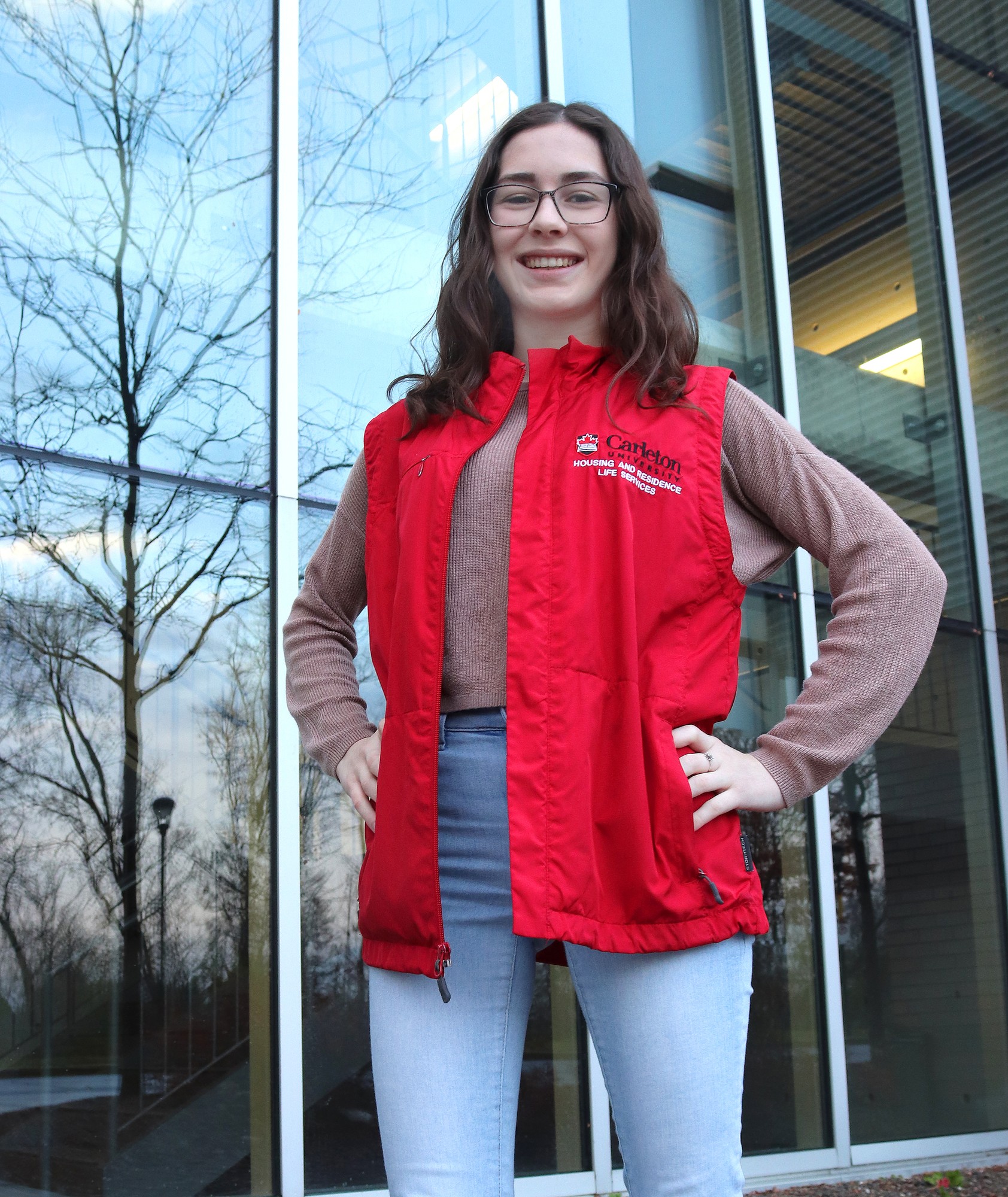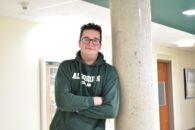We’re probably all a bit misty-eyed when it comes to remembering a time where we sat comfortably beside strangers without a mask on.
Jonah Eng, an international business student at Carleton University, having previously lived on campus, remembers what residence was like in pre-COVID times.
“Me and my floormates used to spend most of our weekends hanging out in the common room,” Eng says. “Before COVID-19, there were never restrictions on how many people were allowed to be in a common room.”
For those choosing to move into on-campus living, being able to mingle with other students is a necessity. That’s part of why campus residence staff stress all those boring icebreakers that you roll your eyes at.
Consider this: having just moved from a small town – heck, even a whole different country – where your sense of direction is skewed and you don’t know anyone, you’re bound to feel lost, confused, lonely and scared.
Moving into residence can help bring you closer to campus and offer a sense of community.
When thinking about living in residence, some highlights that may come to mind are being closer to your campus, opportunities to meet new people, and residence-specific activities. But most importantly, parties, eating whatever you want when you want and no parents.
If we pull back the curtain, we’ll see the heroes of residence – residence assistants. Monitoring student activity, being on-call to support students and planning activities are just a few of their duties.
Carleton University’s Housing and Residence Life Services defines their Residence Fellow (RF) as a, “role model, resource person, helper, community developer and leader for the students on their floor.”
They are also responsible for supporting students by creating a community that is “conducive to learning, academic success, personal growth and development.”
Eng got involved in the residence community by working as an office administrator this summer.
“I was in contact with students on the daily,” Eng says. “We are the first point of contact when there are questions or concerns about residence.”
With new social norms due to COVID-19, people fear one another. Our ability to socialize is barricaded by medical masks, hand sanitizer and social distancing guidelines.
To follow provincial policies and maintain safety amongst students, Carleton University has is reducing residence population to 30 per cent capacity.
Hannah Velle, a global and international studies student at Carleton, decided to become a residence fellow after living in residence during her first year.
“Free living expenses wasn’t really a huge part of it,” she says. “I had such a good experience in my year at residence, and I wanted to share that with other students who are just starting out at university.”
Interaction between students is another huge part of the res experience. Each RF has the opportunity to paint a banner on their floor. Making an effort to help students feel connected, Velle painted a cactus with the words “Let’s grow together” written across it.

A banner that Hannah Velle, RF at Carleton University, painted as a motivator for the students on her floor. Photo credit: Hannah Velle
Little things like eating with other students in the cafeteria is not something students will be able to experience this year. So, it’s important that residence staff encourage safe interaction between students.
Velle hosted a paint night in the larger lounge in the Stormont house. Four of her eight students attended, each wearing a mask and social distancing.
She wants her students to finish their year in residence and take something important away from it like she did. She wants them to feel a sense of community and belonging.
“When you see students making friends, gaining an understanding of who they are, growing, it’s rewarding,” Velle says. “I’m proud of all my students even though this year has been tough.”



